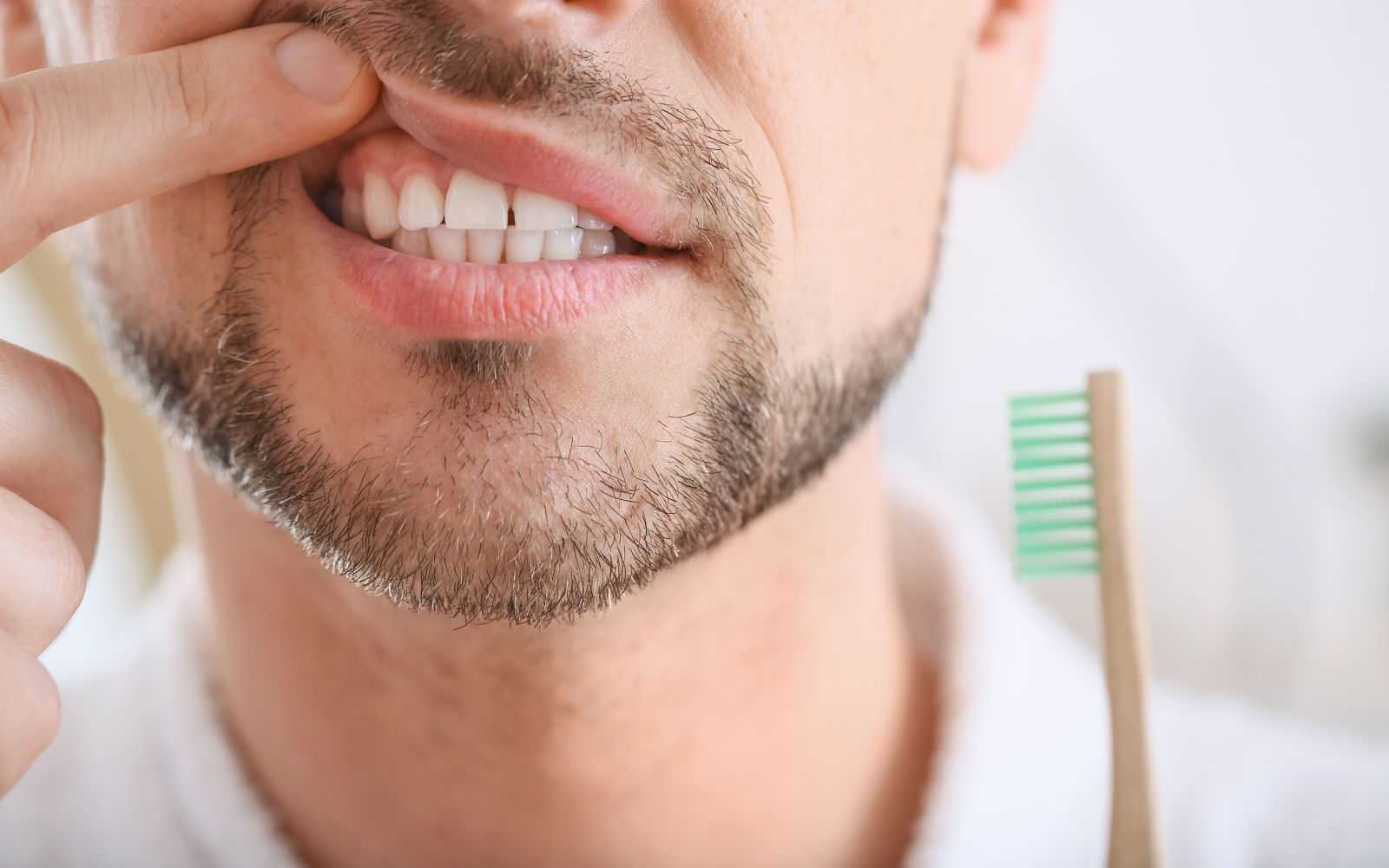
Understanding Gum Bleeding When Brushing Teeth

When brushing teeth, encountering bleeding gums can be a concerning experience for many individuals. It's important to delve into the various causes behind this issue to understand why it happens and how to address it effectively.
If you are searching for best dental clinic in Hyderabad near you visit at Doctor-Nearby website patients can find information about these clinics, including their services, location, and contact details, facilitating informed decisions and access to quality dental care in the region.
Poor Oral Hygiene and Plaque Build-Up
One of the primary reasons for bleeding gums during brushing is inadequate oral hygiene. When we neglect regular brushing and flossing, plaque starts to accumulate along the gum line and between teeth. Plaque is a sticky film of bacteria that, if not removed, can lead to gum inflammation known as gingivitis. Gingivitis causes the gums to become swollen and more prone to bleeding when brushing or flossing.
Vigorous Brushing Techniques
While brushing teeth is essential for maintaining oral health, vigorous brushing can inadvertently damage the delicate gum tissue. Brushing too hard or using a toothbrush with hard bristles can cause gum irritation and bleeding. It's crucial to use a soft-bristled toothbrush and gentle, circular motions to clean teeth effectively without harming the gums.
Gingival Diseases and Infections
Certain gingival diseases and infections can also contribute to bleeding gums. Conditions such as periodontitis involve inflammation and infection of the gums, which can cause gum recession and bleeding. Individuals with immune system disorders or diabetes may be more susceptible to these oral health issues, emphasizing the importance of regular dental check-ups and proper oral hygiene practices.
Vitamin Deficiencies and Gum Health
Nutritional deficiencies, particularly vitamin C deficiency, can impact gum health and contribute to bleeding gums. Vitamin C is crucial for maintaining the integrity of gum tissue and supporting collagen production, which helps in wound healing. Incorporating foods rich in vitamin C such as citrus fruits, strawberries, and leafy greens into your diet can aid in gum health and reduce bleeding during brushing.
Hormonal Changes and Gum Sensitivity
Hormonal changes during puberty, pregnancy, or menopause can affect gum sensitivity and increase the likelihood of bleeding gums. Fluctuations in hormone levels can make gums more susceptible to inflammation and irritation from plaque or vigorous brushing. Maintaining consistent oral hygiene practices and attending regular dental visits are crucial during these periods to monitor gum health and address any issues promptly.
Medications and Bleeding Gum Risk
Certain medications, such as blood thinners or antiplatelet drugs, can interfere with normal blood clotting processes and increase the risk of gum bleeding during brushing. It's essential for individuals taking these medications to inform their dentist about their medical history to ensure appropriate dental care recommendations are made to minimize complications.
Addressing Bleeding Gums: Prevention and Treatment
Effective Oral Hygiene Practices
To prevent bleeding gums, establishing a robust oral hygiene routine is paramount. This includes brushing teeth at least twice daily using a soft-bristled toothbrush and fluoride toothpaste. Flossing daily helps remove plaque and food particles from between teeth and along the gum line, reducing the risk of gum inflammation.
Regular Dental Check-Ups
Regular dental check-ups and professional cleanings are essential for maintaining optimal oral health. Dentists can detect early signs of gum disease or other oral health issues and provide appropriate treatment to prevent progression and complications. Professional cleanings remove hardened plaque (tartar) that cannot be removed by brushing alone, promoting healthy gums and teeth.
Lifestyle Modifications
Making lifestyle changes such as quitting smoking and limiting sugary and acidic foods can also benefit gum health. Smoking can exacerbate gum inflammation and reduce blood flow to the gums, impairing healing processes. Eating a balanced diet and staying hydrated contribute to overall oral health and may help reduce gum bleeding episodes.
Seeking Professional Guidance
If bleeding gums persist despite improved oral hygiene practices, consulting a dentist is crucial. Dentists can conduct a comprehensive oral examination to identify underlying causes and recommend appropriate treatments. Treatment may involve scaling and root planing for gum disease or prescription mouth rinses to reduce inflammation and promote healing.
The Bottom Line
Understanding the causes of bleeding gums when brushing teeth is key to maintaining optimal oral health. By adopting effective oral hygiene practices, attending regular dental check-ups, and addressing underlying health conditions, individuals can reduce the risk of gum bleeding and promote healthy gums and teeth. Consistency in oral care and awareness of potential risk factors are essential steps towards achieving a smile that radiates health and well-being.
Author Bio
Article Comments
No Comments!
At present there are zero comments on this article.
Why not be the first to make a comment?
Similar Articles
Search Pages
User Upgrade
account to full use of editor,
Including hyperlinks
Article Categories
There are zero sub-categories in this parent category.
There are zero sub-categories in this parent category.

















